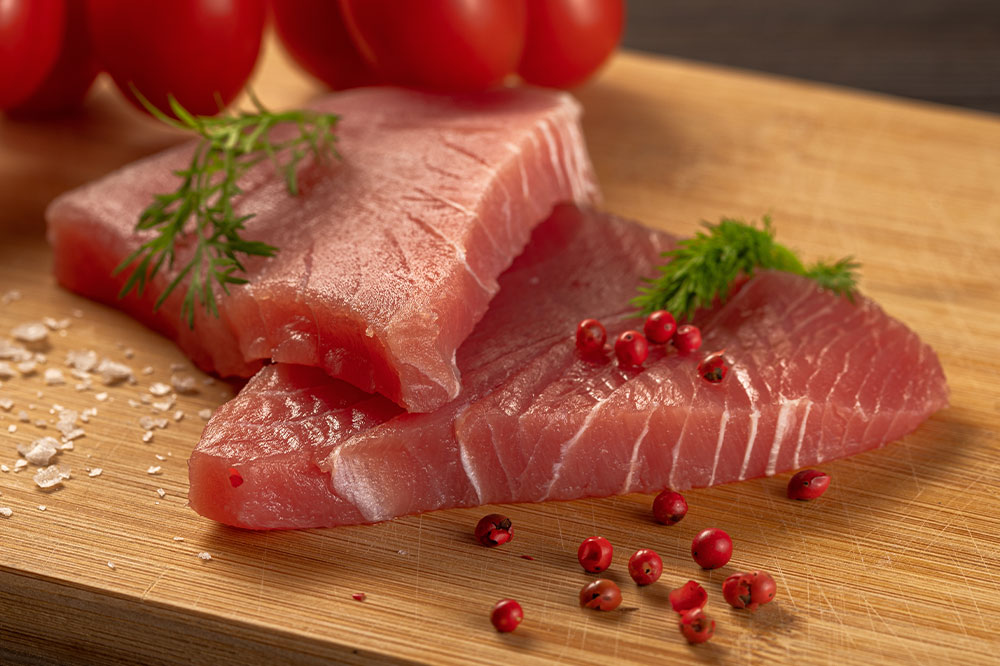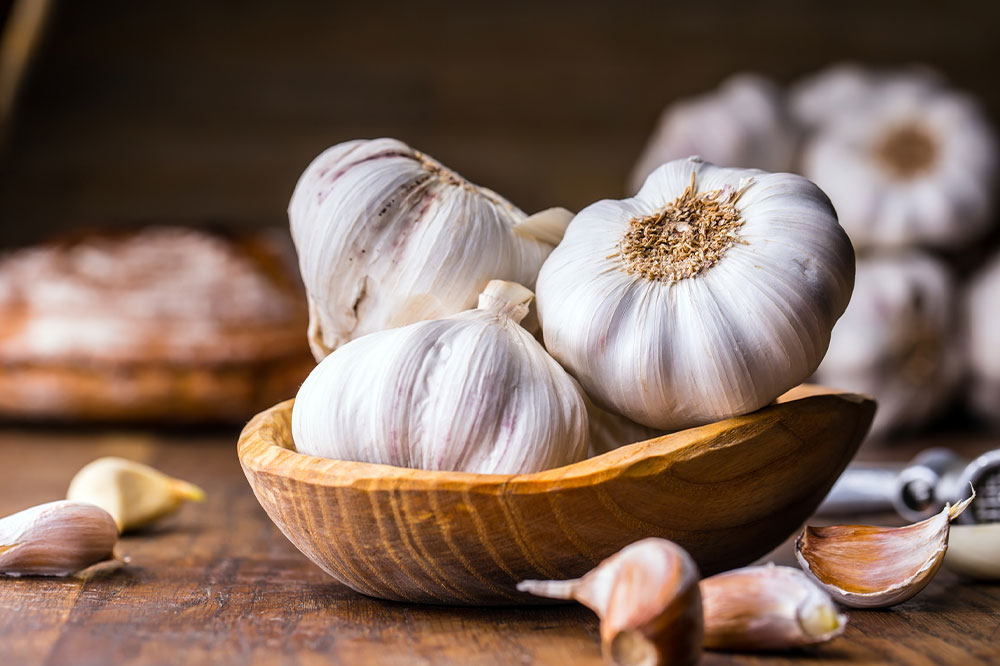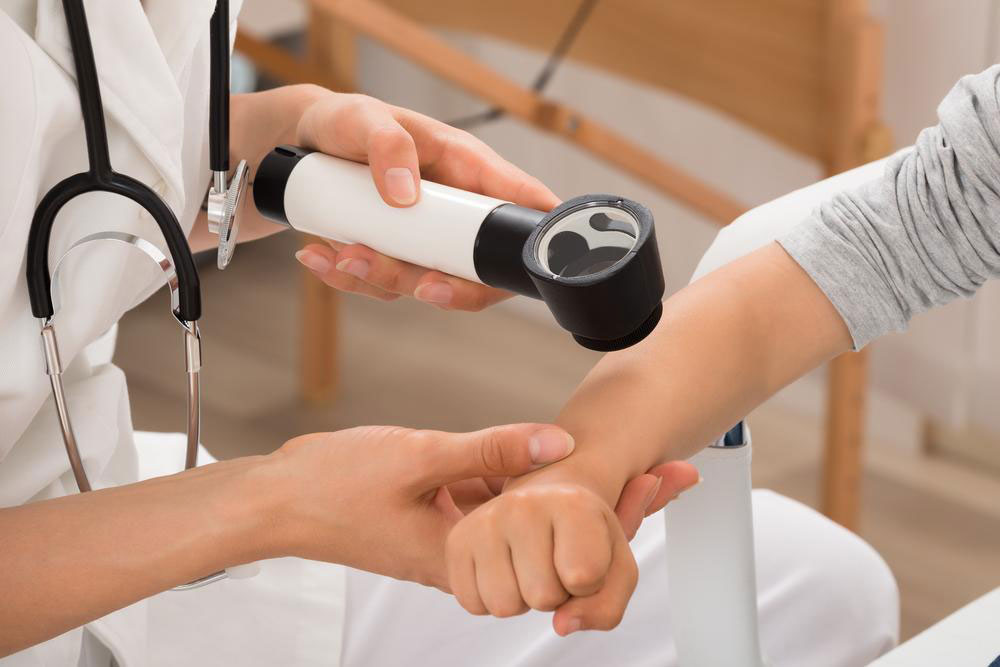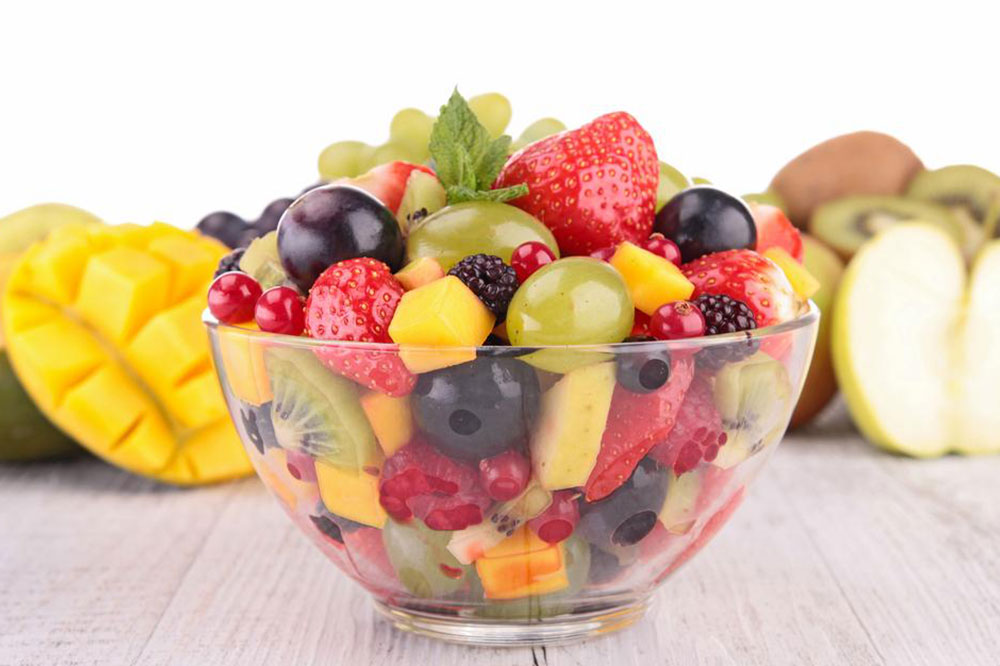Comprehensive Guide: Foods to Steer Clear of During Cancer Treatments to Support Recovery and Enhance Well-Being
This comprehensive guide emphasizes the importance of avoiding certain foods during cancer treatment to reduce infection risks, improve recovery, and maintain overall health. Key foods to avoid include raw dairy, undercooked meats, unwashed produce, and processed snacks. Following safe dietary practices can support treatment effectiveness and enhance quality of life during cancer therapy. Consulting healthcare professionals for personalized nutrition plans is highly recommended for optimal results.
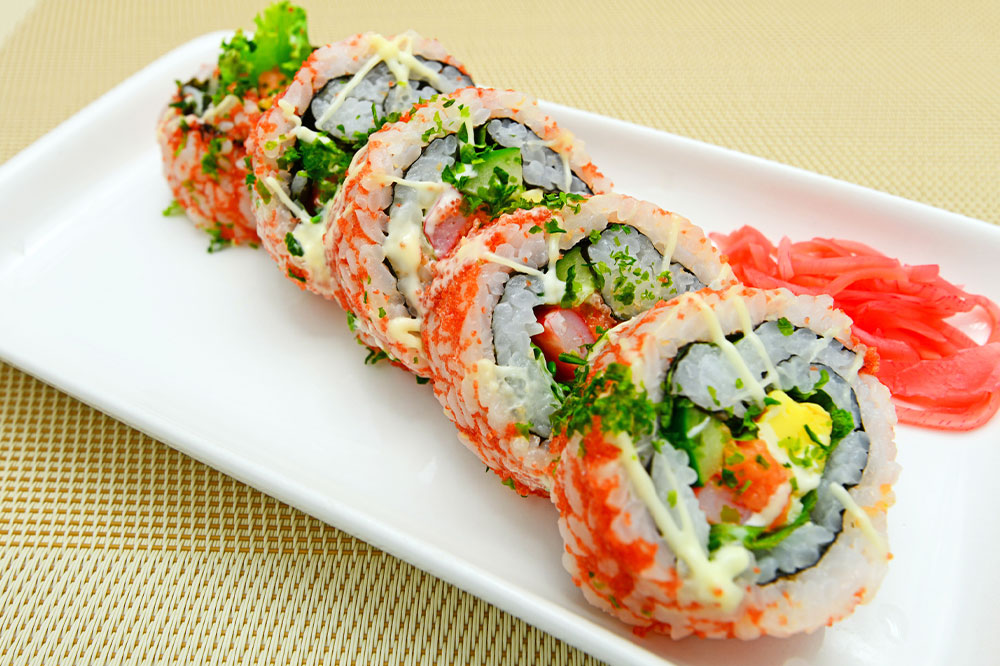
Diet plays a fundamental role in maintaining health and supporting the body's resilience, especially during challenging times such as cancer treatment. Proper nutrition is essential for sustaining energy, strengthening the immune system, and promoting effective recovery. However, the dietary choices during cancer therapy require careful attention due to immune suppression caused by treatments like chemotherapy and radiation. Certain foods can increase the risk of infections, cause uncomfortable side effects, or interfere with treatment efficacy. Therefore, understanding which foods to avoid becomes vital for patients aiming to reduce complications and enhance their quality of life.
One of the key concerns during cancer treatment is the risk of foodborne illnesses. Immunosuppression leaves patients more vulnerable to bacteria, parasites, and other pathogens commonly found in certain foods. For example, raw or unpasteurized dairy products, such as raw milk, soft cheeses like Brie, Camembert, and queso fresco, pose significant risks because they can harbor bacteria like Listeria, Salmonella, and E. coli. These bacteria can cause severe infections that are particularly dangerous when the immune system is compromised. To minimize danger, it's advisable to consume pasteurized dairy products only.
Similarly, raw eggs can be a source of Salmonella bacteria. Dishes that include raw eggs, such as homemade hollandaise sauce, aioli, or certain smoothies, should be avoided or prepared with pasteurized eggs. Cooking eggs thoroughly eliminates harmful bacteria and reduces infection risk.
Undercooked meats are another food group to approach with caution. Consuming undercooked beef, poultry, pork, or seafood can introduce bacteria like Salmonella, E. coli, and Campylobacter into the body, which can cause severe gastrointestinal illness. Therefore, all meats should be cooked to the recommended internal temperatures, and clean handling practices should be followed diligently.
Fresh produce, while generally healthy, can sometimes carry bacteria or parasites if not washed properly. Unwashed greens, leafy vegetables, and raw sprouts are notable culprits. Raw sprouts, like alfalfa, bean, or clover sprouts, are particularly risky because their warm, moist environment can promote bacterial growth. Thoroughly washing all produce or opting for cooked vegetables can help decrease infection risks.
Avoiding leftovers that are left out at room temperature for too long is also critical. Bacteria multiply rapidly in cooked foods kept at unsafe temperatures, increasing the chance of food poisoning. To prevent this, leftovers should be refrigerated promptly and reheated thoroughly before consumption.
Many processed foods also fall into the category of foods to avoid during cancer treatment. Junk foods high in sugars, unhealthy fats, and additives can impair immune function and contribute to weight gain or nutritional deficiencies. Similarly, dehydrating beverages like alcohol or caffeine-rich drinks can cause dehydration, interfere with medication, or worsen side effects like nausea and dehydration.
Finally, overly salty foods and highly caffeinated beverages should be limited. Excess salt can lead to dehydration and swelling, while high caffeine intake may cause jitters, sleep disturbances, or interfere with medications.
In summary, a carefully curated diet that emphasizes safe, nutritious, and easy-to-digest foods can significantly support a patient through cancer treatment. Focus on consuming well-cooked meats, pasteurized dairy, thoroughly washed produce, and plenty of hydration with safe fluids. Avoiding the foods outlined above can reduce the risk of infection, ease treatment side effects, and promote a more positive outlook on recovery. Consulting with healthcare providers and registered dietitians can provide personalized dietary strategies to meet individual health needs and treatment plans, ensuring the best possible outcome.
